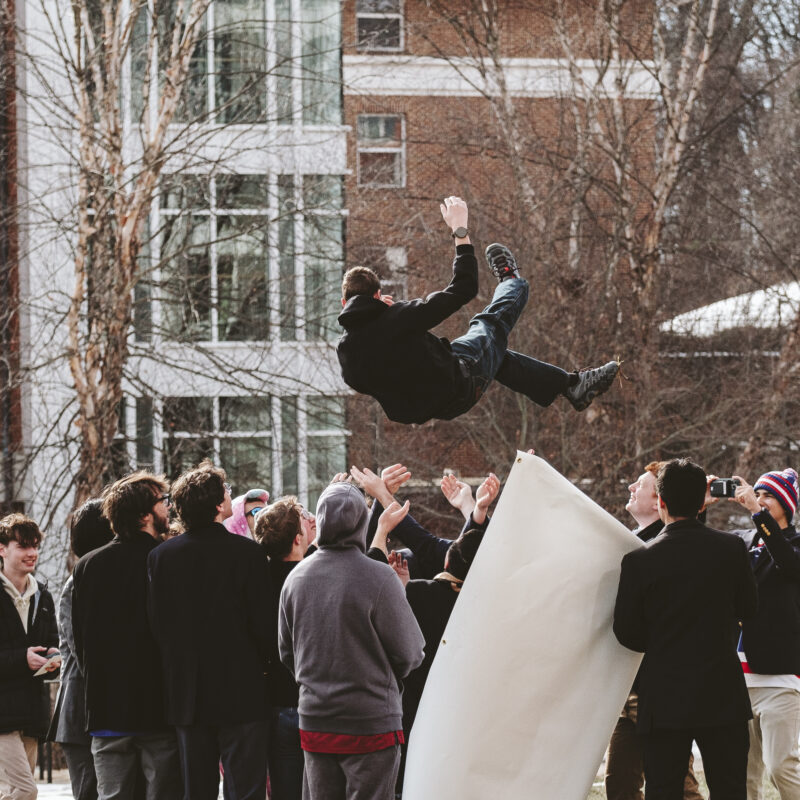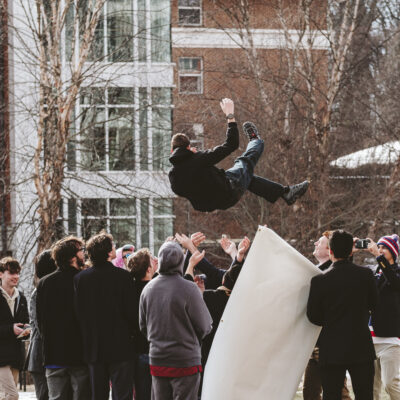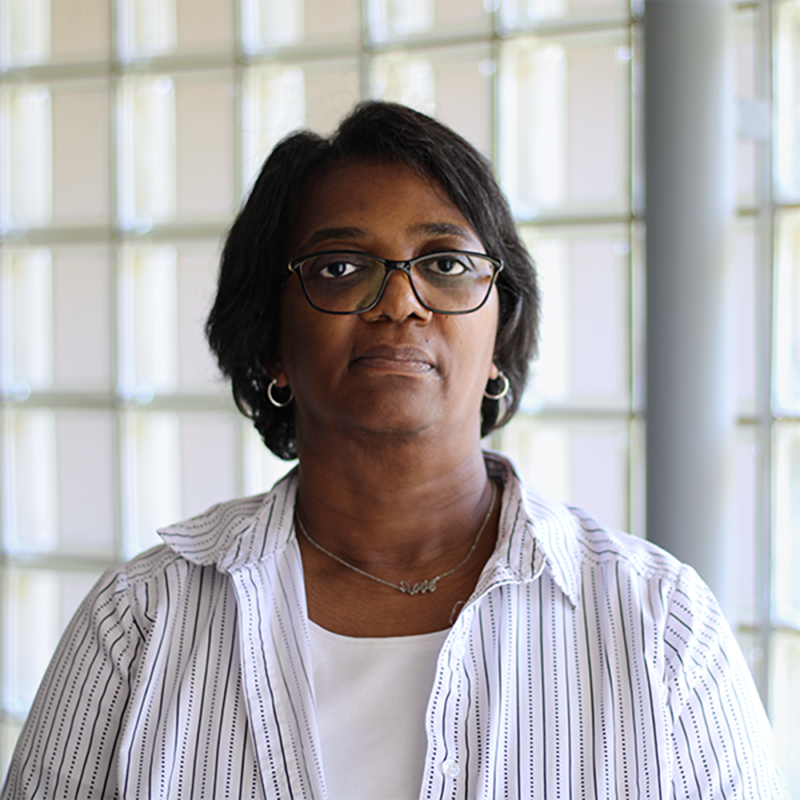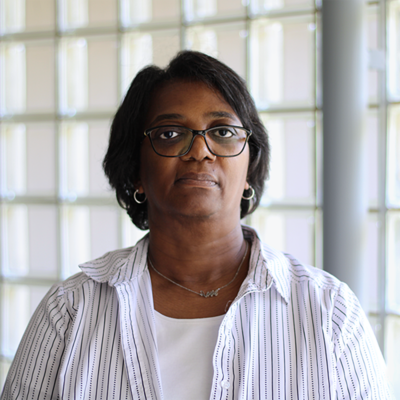Shana Bullard felt terrified. She was about to meet Virginia Secretary of Education Atif Qarni, for a roundtable discussion on mental wellness initiatives at Charlottesville High School.
“I was very intimidated,” says the CHS junior, who’s been active in several of the school’s mental wellness programs.
But she found Qarni to be personable and down-to-earth.
“He shared that he had similar struggles,” says Bullard. “He was there to listen and internalize—not listen to respond.”
Qarni visited CHS on September 24, as part of his larger effort to highlight mental health and suicide prevention programs in Virginia during National Suicide Prevention Month. A 2017 Virginia Youth Survey found that one in five females and one in 10 males in middle and high school had seriously contemplated suicide in the last 12 months.
In recent years, CHS has introduced several new peer-led models to support students’ social and emotional health. Last spring, it was one of only two high schools in Virginia selected to pilot a national program, Teen Mental Health First Aid, which trains students to recognize and respond to a peer’s mental health crisis. CHS also offers Link Crew, which connects a select group of ninth-graders with junior and senior mentors, and Green Dot, a bystander awareness program designed to prevent harassment and violence.
During the discussion, students shared their own mental health struggles, and how school programs have supported them.
“Freshman year I was just kind of all over the place,” says Bullard. “Link Crew leaders helped with telling us how to get help if [we needed] it. They tried to make [school] a comfortable space.”
Senior Jade Gonzalez, who participated in Link Crew as a freshman, says her mentor “really did help me emotionally because I could just go to her for a lot of things. [She was] a face I knew when I was surrounded by people I didn’t.”
In addition to having multiple professional school counselors on staff, CHS provides in-school mental health services, like one-on-one counseling, to students through a partnership with Y-CAPP and Region Ten Community Services Board. And last year, the school created a “calm space,” where students can use tactile and sensory tools to help them recenter when they’re stressed.
During Qarni’s visit, students suggested other changes schools could make to reduce stress and anxiety, such as eliminating standardized testing.
“I really like how a lot of teachers started switching to doing projects,” says Gonzalez, who experiences anxiety during tests.
Bullard touched on the “excessive pressure of AP classes and college.”
“The teachers [put] pressure on going to college,” says Bullard, but “we don’t really talk about the other options, other than joining the military.”
Both Bullard and Gonzalez expressed concerns about teachers who have yet to undergo any mental health training, and said they believe Teen Mental Health First Aid should be a schoolwide program for students and staff.
Qarni plans to discuss the initiatives he learned about at CHS, among other schools, during the upcoming legislative session, and says he will advocate for more state support of mental health resources for students across Virginia.
“It’s really comforting to hear that there is a change going on,” says Bullard. “There are people caring and listening to actual students for input.”
Correction October 7: CHS has multiple professional school counselors on staff, not guidance counselors as originally reported.





